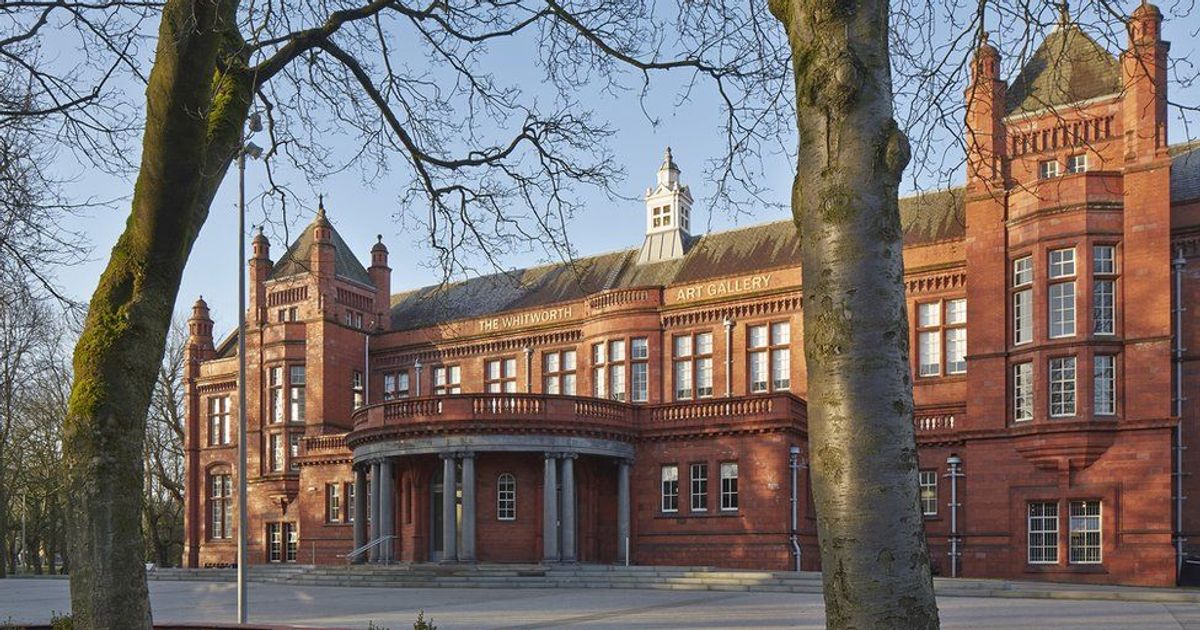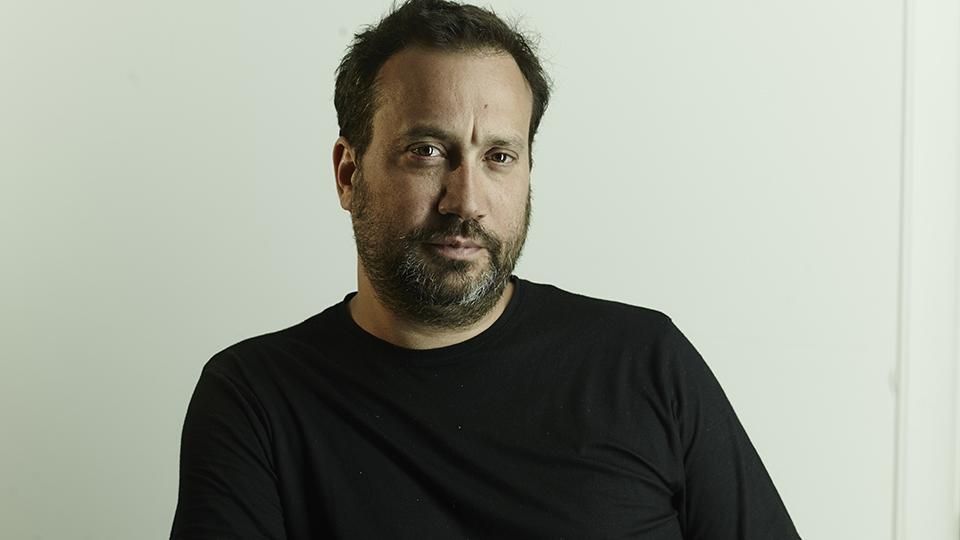
The Whitworth Art Gallery in Manchester has temporarily closed an exhibition that deals with the Israel-Palestine conflict after an intervention by several UK-based Israeli and Jewish organisations followed by protests from the artists involved. The institution aims to reopen the exhibition with a reconfigured display.
Text used to introduce Cloud Studies—an exhibition devised by the Turner Prize-nominated research group Forensic Architecture that examines human rights violation with regards to air toxicity around the world—was described as “provoking racial discord” by UK Lawyers for Israel (UKLFI), an Israel-focused legal organisation that led the appeal. The exhibition, which opened on 2 July, surveys instances of chemical attacks and pollution across the world and examines the use of tear gas and white phosphorous in Palestine.
In a letter written to the university’s vice-chancellor and seen by The Art Newspaper, UKLFI argued that a statement on Palestine included in the show, “falsely conflated Israelis with white supremacists” and “paints a multi-faceted conflict […] simply as a race issue” by comparing Palestinian resistance to “Black liberation struggles around the world”.
Last week, UKFLI and a number of Manchester-based organisations that advocate for Israeli causes met with Nalin Thakkar, the vice-president University of Manchester of which the Whitworth Gallery of Art is part, who agreed to remove the text in its entirety.
However, this decision prompted Forensic Architecture to pull works from the show in protest and demand the entire exhibition be shut down “with immediate” effect. Cloud Studies was closed to visitors from Sunday 15 August (the gallery is typically shut on Mondays and Tuesdays).
But in the latest turn of events, the gallery’s director Alistair Hudson today announced that the exhibition will reopen “in full” later this week with the text on display it is entirety.
Hudson adds that the exhibition will now include “a space which gives voice to different perspectives on the issues raised by the exhibition and help contextualise them” that will be “displayed prominently” in the gallery.
The Whitworth announced via Twitter that the gallery is closed today “for reinstallation”. It has not given an exact date for its reopening.
UKFLI yesterday posted an updated press statement to reflect the university’s backtracking: “According to media reports, Forensic Architecture responded by demanding the removal of the whole exhibition. Apparently in response to this demand from Forensic Architecture, on 17 August 2021, Manchester University reneged on their decision to remove the introductory statement from the exhibition.”
Jonathan Turner, UKLFI’s chief executive, told The Art Newspaper yesterday that Raphi Bloom of North West Friends of Israel—one of the organisations that launched the appeal—was told “orally” on 16 August “that the university reneged on the decision”.
Central to UKLFI’s case for removing the text is that the Whitworth, as part of the University of Manchester, is bound by the UK Public Sector Equality Duty. The duty calls on institutions such as public research universities to consider how their policies or decisions affect people who fall under protected characteristics, including age, race, and religion, mandates which UKLFI claims the exhibition violated.
Of chief concern to UKLFI was that the text would contribute to instances of antisemitic violence in Manchester.

Eyal Weizman, the Israeli-born director of Forensic Architecture, says that he “repeatedly objected” to the University of Manchester removing the text and refused to allow the exhibition to take place “in an incomplete form”.
Addressing the exhibition’s perceived violation of the Equality Duty, as argued by UKLFI, Weizman retorted that the university has not “to our knowledge consulted Palestinian groups on the potential adverse affect of removing the statement”.
UKLFI published an online statement on Sunday detailing that during its meeting with the University of Manchester the group raised concerns that the exhibition’s text amounted to “a dangerously one-sided account on an extremely complex foreign policy issue”, adding that it was disappointing “for a publicly funded body to support such a problematic and biased narrative”.
The Whitworth will now be undertaking a review of its governance arrangements around the approval of new artistic content at the gallery.
“The exhibition, expresses the views of the contributing artists, who have perspectives that come from their own experiences and the experiences of the communities and organisations who commission them,” Hudson says in a statement. “The University, as a non-political organisation, has tried to balance extremely complex issues raised by the exhibition, but we believe that the worst outcome for all parties concerned would have been to close this exhibition for an extended period of time.”
The case to remove the exhibition’s text was also decried by Palestinian legal centre in the UK, The International Centre of Justice for Palestinians (ICJP), which write in an online statement that it marks an instance of “dangerous” censorship.
This is the second incident this year in which the UKLFI and the Whitworth have come to blows. In June, as increased violence in Gaza brought renewed attention to the conflict in the region, the gallery posted an online statement in solidarity with the people of Palestine. The institution was quickly forced to remove the text following objections from UKLFI.
Addressing this particular incident, the UKLFI said in a statement: “The fact this is the second occasion the gallery has displayed deeply problematic content in the space of a few weeks is unacceptable,” adding, “we hope that lessons have been learnt and the same mistakes will not be repeated”.
Source link : https://www.theartnewspaper.com/news/whitworth-forensic-architecture-israel-palestine-exhibition-remove-antisemitic-language












